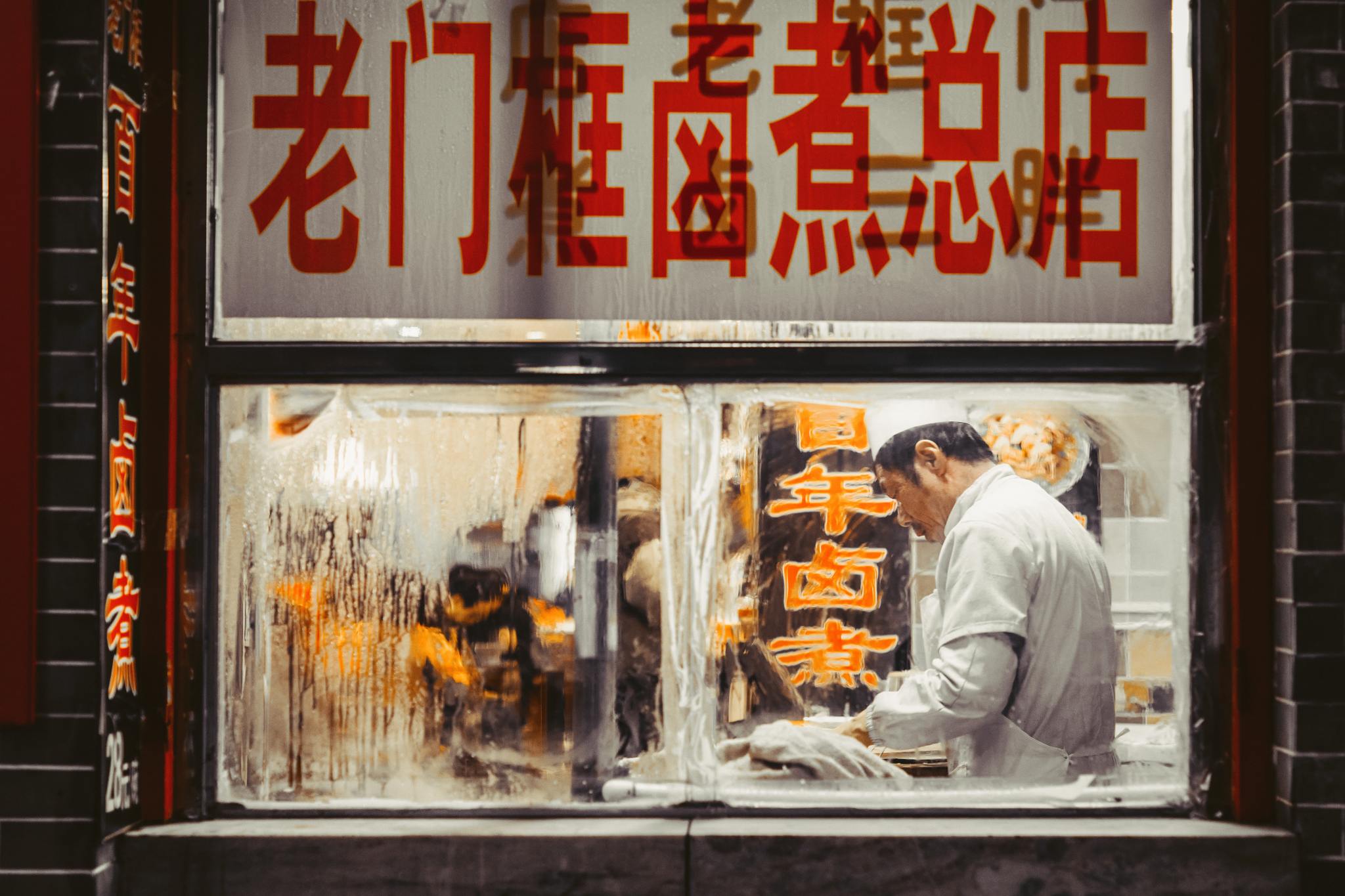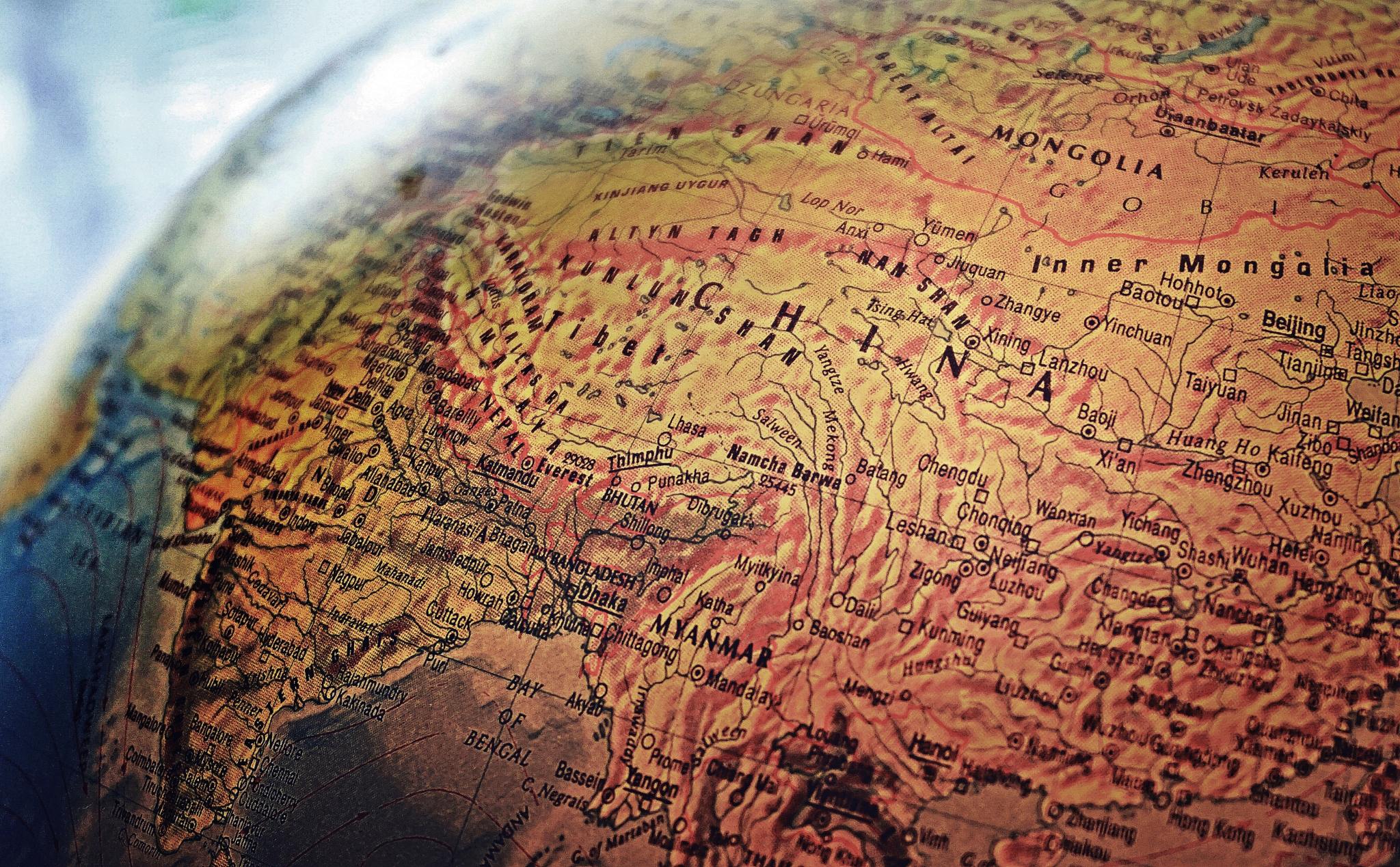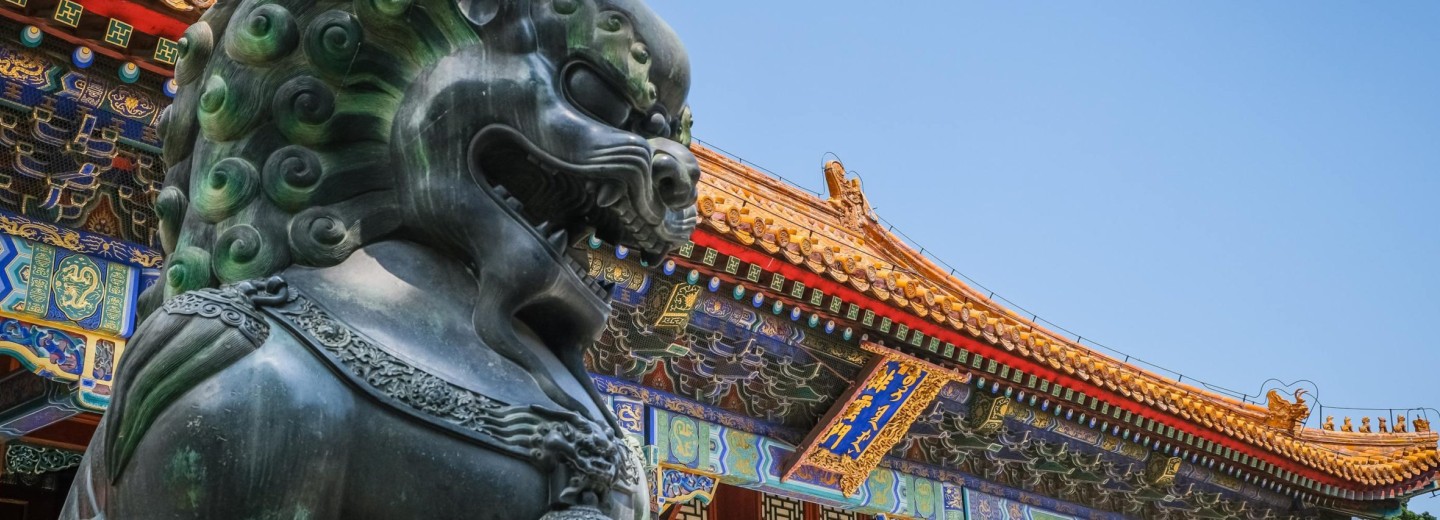China myths – part one
This is the first of two articles demonstrating some truths about China. Western media outdo each other in their ill-informed opinions of China. Here is another view. China is a strong country that deserves respect. China is challenging many aspects of the West. China too makes mistakes. Dealing with these challenges requires realism, sophistication and less emotionalism than appears in the media and many political statements.
China is an autocratic state that oppresses its people
False. From China’s earliest days Chinese families and citizens have seen the need for discipline. There was no alternative when the population was so big. The writings of Confucius and other great philosophers in the 4th century BCE, reflect a strong tradition of obedience, the value of being a ‘gentleman’ and the need for Princes to govern considerately. The sense of community overcomes individualism.
Today, governed by the Chinese Communist Party (CCP), Chinese citizens equally prefer discipline, stability and prosperity to individual freedoms that might cause chaos. In a longitudinal survey running from 2003 and conducted by a branch of Harvard University, over 80% of Chinese people approved the job their local and national governments were doing.

President Xi Jiping is a dictator
False. The CCP has as many different factions as any other political party or government. Is Donald Trump the USA? Does Boris Johnson speak for all the UK? There are ‘hawks’ and ‘doves’ within the CCP and a wide range of political and personal views. President Xi’s job is no different from any other head of state – to lead and balance the views of his colleagues. The government’s televised decision-taking seems smooth and unanimous; behind the scenes, there is as much divergence as in any other country.
China wants to dominate the world

Partly true. China wants to establish its influence. It seeks power through trade and gifts. In the Roman era, Chinese emperors gave much of their precious silk to Rome each year to prove how great and generous they were. The tradition continues today with Chinese aid to many developing countries.
The USA has tried to shape the world in its image. It has failed. Endless wars and suffering have resulted. China believes its systems and culture are superior. Poorer and less developed countries will benefit more from Chinese aid than from Western intervention.
If Chinese discipline, diligence and sense of community can be exported to others peacefully by economic means, so much the better for them.
China steals Intellectual Property
Partly true. China has a long history of inventions from gunpowder to the compass, to paper, printing and many other scientific discoveries and techniques. All have been appropriated at some time by other countries.
However recently, China has been a net receiver of science and technology. This has not always been by legitimate means. This has been true for almost every developing nation also. The English author Jerome K Jerome , for example, complained in the 1920’s that he received no royalties from the USA for his most famous book ‘Three Men in a Boat’. Although the book sold in millions, every copy was pirated and published illegally. Many authors tell the same story.
China has now surpassed the rest of the world in many technical spheres. It takes out more patents each year than any other country. Its attitudes towards IP protection are undoubtedly changing.

Xinjiang Muslims are imprisoned and oppressed
Unknown. China faces terrorism as do many countries. Some western countries have chosen wars, assassination and bombs to try and solve the problem of terrorism. These have had an appalling impact on the lives of millions of innocent Muslims. This is not China’s way. Suffice to say that China’s western border runs alongside five countries, several of which are known to harbour terrorists. Each country conducts its national security in the way it sees best.
China is the world’s oldest surviving civilisation
True. Several places in the world could claim to be the first ‘civilisation’. Known Chinese history goes back to around 4000 BCE, when walled and moated cities existed in the Yellow River region. Some believe Chinese civilisation began far earlier. Chinese written characters appeared around this time. The Xia Dynasty (2070 BCE – 1600 BCE) is the first dynasty in China to be so described in ancient chronicles. The Records say that Yu the Great, the founder of the Xia dynasty, was the grandson of Zhuanxu, one of the legendary “Five Emperors” who were the first rulers of China. In one form or another and with several low periods, Chinese civilisation has continued to this day.
China is isolated from the world
False. China – and its citizens – have (and have always had) wide access to news, ideas, products and data as do most people in most countries. Furthermore, Chinese media is extremely curious and interested in what goes on elsewhere. More than any other country, its media is full of stories and commentaries about events outside of China. Furthermore, travel in and out of the country is as simple as elsewhere: foreigners interact with local people inside China as do Chinese people travel to see the world.
China is a threat to world peace
Not necessarily. In its long history, China has not sought to dominate through war. It has never launched an invasion of another country. It has never fought an external war. By contrast in the West, Greeks, Romans, British, French, German, Portuguese Dutch have all invaded other states and formed empires. In the last at least 70 years the USA has not known a day of peace. Millions of casualties have followed these wars.
Within the CCP there are undoubtedly militant forces trying to make the case for being more aggressive.
China is a formidable international competitor. Like most governments, the CCP will do whatever it takes to achieve its goals on behalf of the Chinese people. On the past history of the Civilisation of China and the culture of its people, initiating war is unlikely to be on the agenda.
Worked on the article:

Wanlikhang





